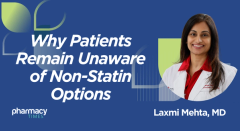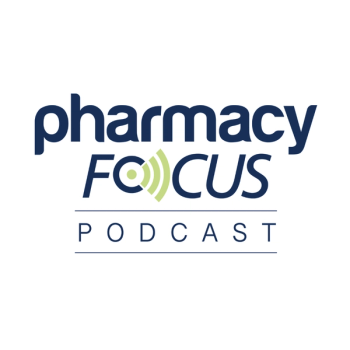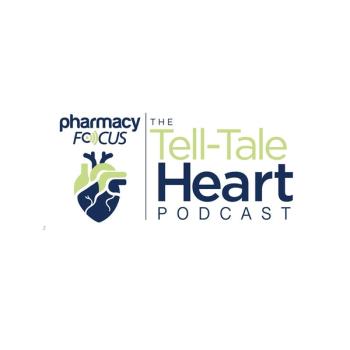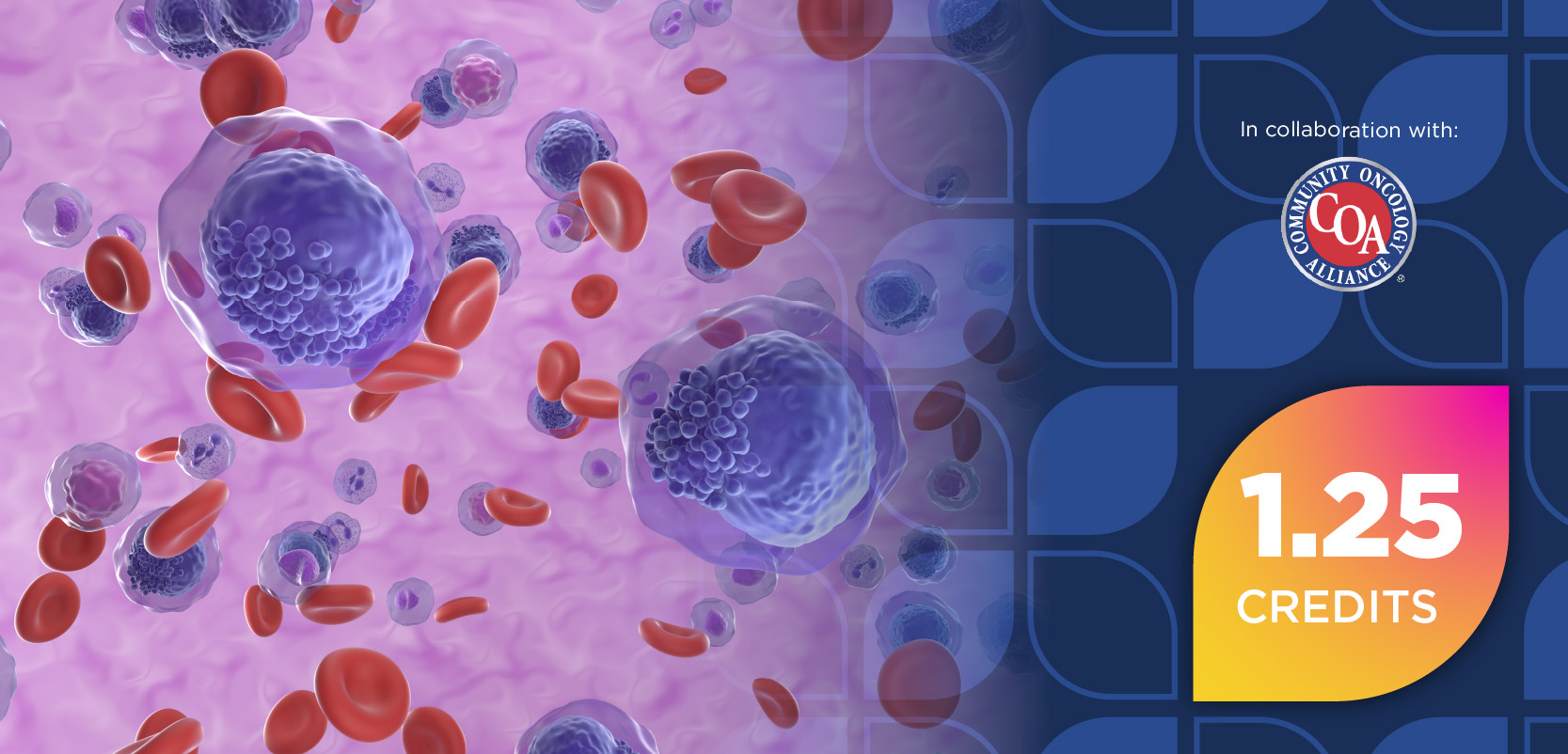
Conference Coverage
Latest News
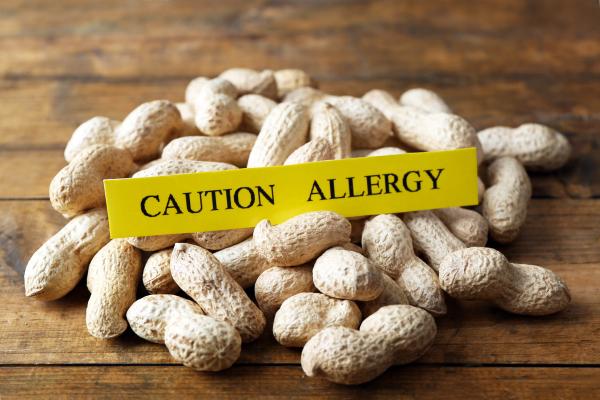
ALLIANCE Trial: Peanut Sublingual Immunotherapy Is Well-Tolerated in Children With Peanut Allergy

Investigational Therapy STMC-103H May Protect At-Risk Infants Against Development of Atopic Disease

Rethinking Pharmacy Workflow: How Smart Roles and Technology Drive Better Care

Fun Fact: Are Beans the Secret to Maintaining a Healthy Diet and Lifestyle?

A New Therapeutic Era in Metastatic Castration-Resistant Prostate Cancer
Shorts










Podcasts
Videos
Continuing Education
All News
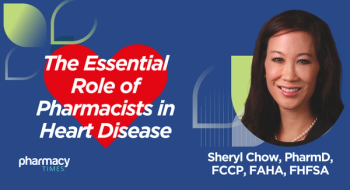
Sheryl Chow outlines the pharmacist's evolving role in cardiovascular prevention, heart failure management, and medication adherence during American Heart Month and beyond.
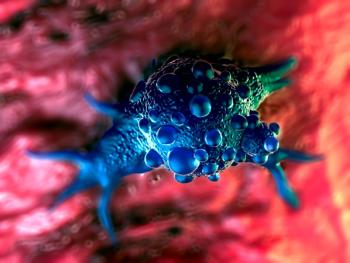
Data from ASCO GU show the benefit of the enfortumab vedotin combination in muscle-invasive bladder cancer, challenging cisplatin neoadjuvant chemotherapy.

Artificial intelligence helps hematology teams and pharmacists distinguish prefibrotic myelofibrosis from essential thrombocythemia, improving myeloproliferative neoplasm diagnosis accuracy and oncology care.
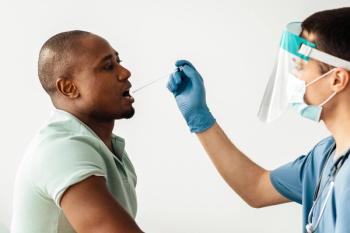
Thrifty White’s experiences provide practical lessons from designing, training, and standardizing a full-system model.

A large cohort study found that urate-lowering therapy was associated with a reduction in risk for composite kidney outcomes in patients with stage 3 or higher chronic kidney disease (CKD) and hyperuricemia.

Explore PREVENT Risk Equations reshaping hypertension care, HFpEF therapy, and CKD-related hyperkalemia.

Capivasertib plus abiraterone improves survival in PTEN-deficient hormone-sensitive prostate cancer.

PEACE-3 trial data presented at ASCO GU show survival benefits with enzalutamide combination.

Carfilzomib may boost BCMA CAR T-cell therapy after relapse in multiple myeloma, guiding oncology pharmacists on safer immunotherapy sequencing.
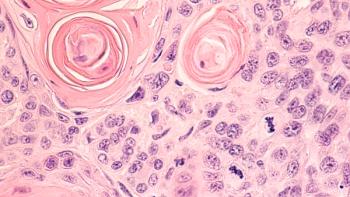
FDA Grants Accelerated Approval to Zongertinib for Unresectable or Metastatic NSCLC
The approval is supported by findings from the phase 1 Beamion LUNG-1 clinical trial.

Learn how COVID-19 drives heart and vascular risks, why vaccines and antivirals help, and how pharmacists manage dangerous drug interactions.

Orforglipron, an oral GLP-1 medication, demonstrated superior weight loss and blood glucose control compared with oral semaglutide in patients with type 2 diabetes (T2D).

Awareness of the nonlinear response helps ensure patients are treated with the least intensive regimen that achieves meaningful control while minimizing harm and improving long-term therapeutic success.
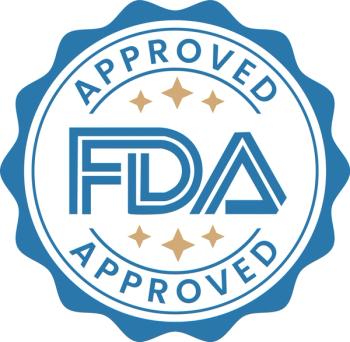
FDA Approves Desmopressin Acetate Oral Solution for Central Diabetes Insipidus
The oral solution improves central diabetes insipidus dosing precision, helping pharmacy teams tailor therapy, counsel patients, and monitor hyponatremia.

Pharmacists Can Establish Collaborative Practice Agreements
Collaborative practice agreements expand pharmacists’ clinical authority and patient access.

Why Saving for Retirement Isn’t the Same as Being Ready to Retire
Flexibility, priorities, and structure are just as important as your account balance.
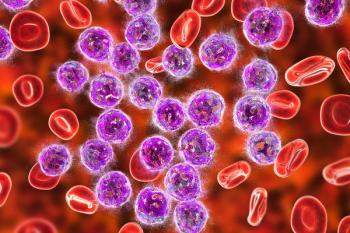
Targeted menin inhibitors offer new hope for patients with difficult-to-treat acute leukemias.

Linvoseltamab Expands Treatment Options for Relapsed/Refractory MM
Linvoseltamab joins 3 other bispecific T-cell–engaging antibodies in multiple myeloma, offering deep and durable responses in heavily pretreated patients.
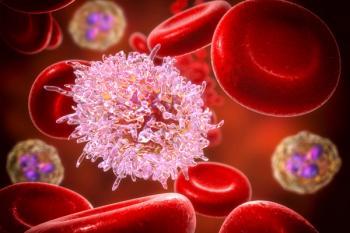
FDA Approves Venetoclax Plus Acalabrutinib for Previously Untreated Adults With CLL
The approval for the oral, fixed-duration chronic lymphocytic leukemia (CLL) regimen was based on results from the phase 3 AMPLIFY trial.

The Art of Inventory Management: How Techs Keep Pharmacies Running Smoothly
Pharmacy technicians drive patient care through smart, tech-enabled inventory management.

Peptides Are Everywhere—So It’s Time for a Serious Conversation
Regulators should engage peptides through science-driven, pharmacy-centered oversight.

A new 4-pillar framework blends AI, real-time PDMP data, and social determinants of health to spot opioid misuse earlier and reduce overdoses.

Evaluating Iron Sucrose Discordance: A Retrospective Health System Review
After transitioning iron sucrose 200 mg from an infusion to intravenous push, the incidence of discordance and infusion reactions were not statistically different.



